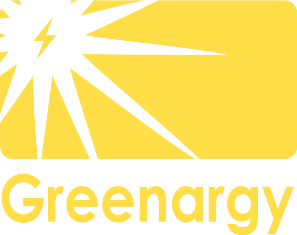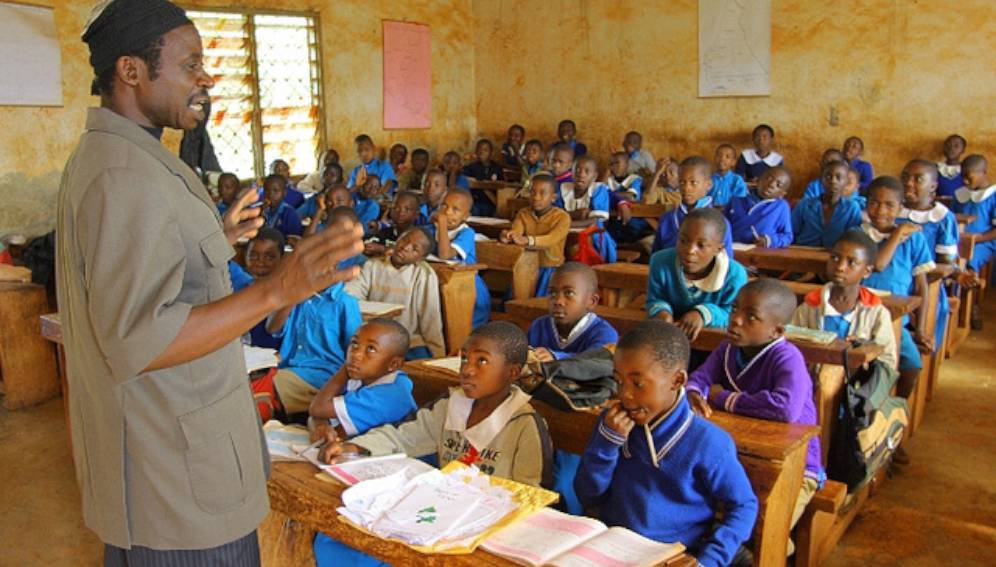Clean Affordable Energy
Empowering Education Through Rolar Energy
Empowering Education Through Rolar Energy – The Transformative Power of Solar Energy in Rural Cameroon: Empowering Education
Empowering Education Through Rolar Energy – Solar energy has been recognized as a sustainable and renewable source of power that has the potential to significantly improve the quality of life in rural areas. Solar power has emerged as a promising solution due to Cameroon’s abundant sunlight and the potential for decentralized energy generation. By harnessing solar energy, the country aims to improve access to electricity, particularly in remote regions where traditional grid infrastructure is not feasible.
In Cameroon, a country in West Africa, solar energy has been making a significant impact on education, particularly in rural areas where access to electricity is limited. This article explores the ways in which solar energy has transformed education in rural Cameroon, and highlights the importance of continued investment in renewable energy sources for sustainable development.
I. Solar-Powered Schools: A Beacon of Hope for Rural Cameroon
Solar-powered schools have been popping up in rural Cameroon, providing a reliable source of electricity for students and teachers. These schools have become a symbol of hope and progress in communities where access to electricity was once a luxury. With solar panels installed on school buildings, students can now enjoy better lighting and access to technology, which has greatly improved the overall learning experience.
II. Impact on Education: Enhancing Learning and Teaching
Solar energy has had a significant impact on education in rural Cameroon by providing a more conducive learning environment. The availability of electricity has led to better lighting in classrooms, allowing students to study without straining their eyes. Additionally, solar power has enabled schools to incorporate multimedia teaching tools, such as projectors and computers, which have enriched the learning experience for students.
III. Empowering Teachers and Administrators
Solar energy has not only benefited students in rural Cameroon but also teachers and school administrators. With reliable access to electricity, teachers can now prepare lessons more efficiently and effectively. Furthermore, solar-powered schools have enabled administrators to manage their resources more effectively, as they no longer need to worry about the cost of diesel for generators or the inconvenience of power outages.
IV. Community Involvement and Sustainable Development
Solar-powered schools in rural Cameroon have fostered a sense of community involvement and pride. Local communities have come together to support the installation and maintenance of solar panels, recognizing the potential of solar energy to improve their quality of life. This collaborative approach has not only strengthened the community but has also contributed to sustainable development in the region.
The Role of Rolar Energy in Education
Rolar Energy refers to the use of solar power systems and other renewable energy technologies in educational institutions. By harnessing the power of the sun, these institutions can generate electricity, heat water, and even provide cooling during hot summer months. The integration of Rolar Energy can significantly improve the quality of education by providing a stable and clean energy source for various learning resources and tools.
Benefits of Rolar Energy in Education
- Cost Savings: Schools and colleges that adopt solar energy systems can save money on their electricity bills. Over time, the savings can be redirected towards other essential educational needs, such as improving infrastructure, investing in better teaching resources, or providing scholarships for students.
- Environmental Benefits: Solar energy is a clean and renewable source of power, which helps reduce greenhouse gas emissions and combat climate change. By adopting Rolar Energy, educational institutions can set an example for their students and community members on the importance of environmental sustainability.
- Energy Security: By generating their power, schools and colleges can reduce their dependence on the national grid. This can help them maintain a steady supply of electricity during power outages, ensuring uninterrupted learning for students.
- Educational Opportunities: Integrating Rolar Energy into the curriculum can provide students with hands-on experience in renewable energy technology. This can help foster a new generation of engineers, researchers, and entrepreneurs who will contribute to the development of clean energy solutions in the future.
- Improved Learning Environment: A stable and reliable energy supply can help create a more conducive learning environment for students. This includes access to air-conditioned classrooms, well-lit spaces, and other modern amenities that can enhance the overall educational experience.
V. Challenges and the Way Forward
While solar energy has made a significant impact on education in rural Cameroon, challenges remain. These include the high initial cost of installing solar panels and the need for ongoing maintenance. To overcome these challenges and ensure continued progress, it is crucial for governments, non-governmental organizations, and private sector entities to invest in the expansion of solar energy infrastructure in rural areas.
Conclusion
Solar energy has the potential to revolutionize education in rural Cameroon, providing students, teachers, and communities with access to reliable electricity and improved learning opportunities. By investing in solar-powered schools and infrastructure, Cameroon can create a brighter future for its rural communities and pave the way for sustainable development.


